Toyota aims to give all-electric car manufacturer Tesla a run for its money with the all-new, hydrogen cell powered FCV. Toyota claims that the FCV has a range of around 435 miles; that’s a figure that easily bests Tesla’s offering on any trim level of Tesla’s flagship vehicle, the Model S.
Another plus for Toyota is their claim that the FCV will emit only water vapor. On top of that, estimated refueling time is only three minutes. So the Toyota has the Model S beat in both recharge time and range. Right off the bat, this comparison seems like no comparison whatsoever. Still, there are more layers to this story.
Andre Agassi once said, “Image is everything.” If that statement holds any weight for you, then any Tesla would be your choice, hands down. Every curve, edge and dip in any Tesla screams money, and the interiors are just as luxurious. The Tesla can add 170 miles to your trip in just 30 minutes of charging time via what they call a supercharger, but here’s the bigger kicker; there are already 98 charge stations strategically spread across the East and West Coast. According to the Tesla’s website, they expect to cover 80% of the US and Canadian population (in terms of range) with superchargers by the end of this year, and 98% of those same populations before the end of 2015.
Oh, performance? The Model S offers three trim levels, and no alternative-fuel vehicle comes close. The 60, 85 and P85 models come with, 302, 362 and 416 horsepower, respectively. If the 60 version will raise eyebrows, the P85 version may snap necks. Their zero-to-60 times are 5.9 seconds and 4.2 seconds, respectively. Any trim level puts you behind the wheel of a bona fide electric hot-rodder. The Model S 60 comes in at around $69K, almost exactly matching the expected price of the FCV (for now). The 80 is $75K and the quickest of the three, the P85, comes in at $87K.
Toyota may have a winner on their hands, but Tesla has proven that they have a firm grip on their expanding customer base, and their plan to dot the map with supercharging stations worldwide (Europe has 23, Asia has three) is working. How they’re able to blend fuel economy, luxury materials and class-leading performance at a price range right at or only slightly above the FCV’s is a mystery that can only be solved with the simplest of explanations; practice makes perfect.

via Toyota

via Toyota


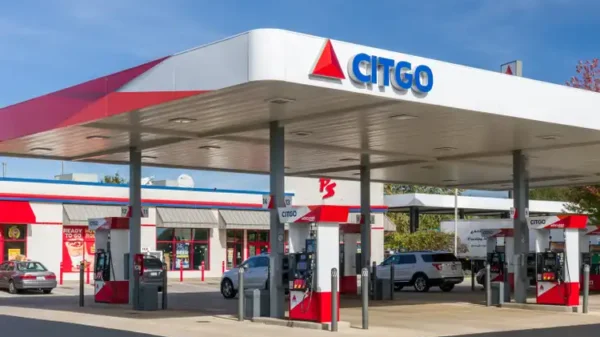
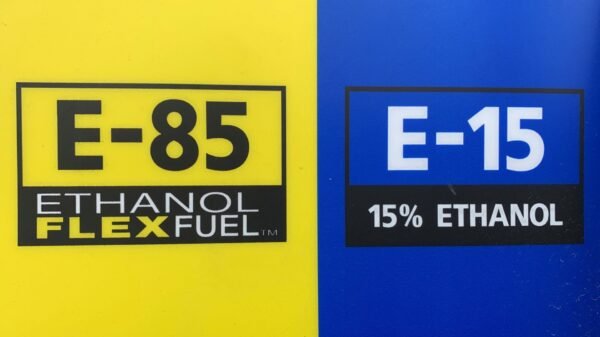








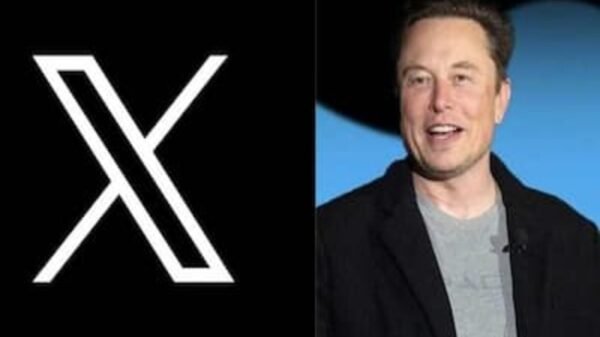
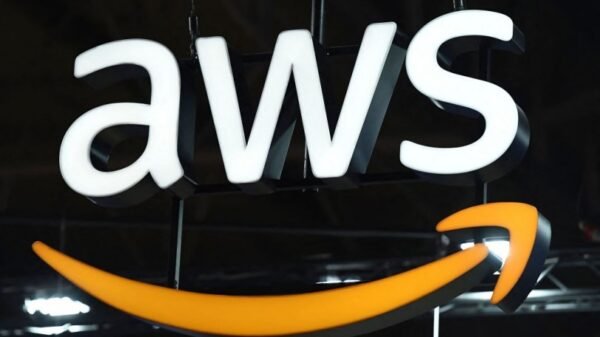

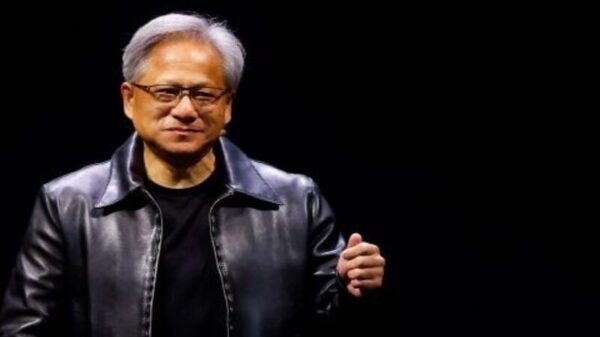


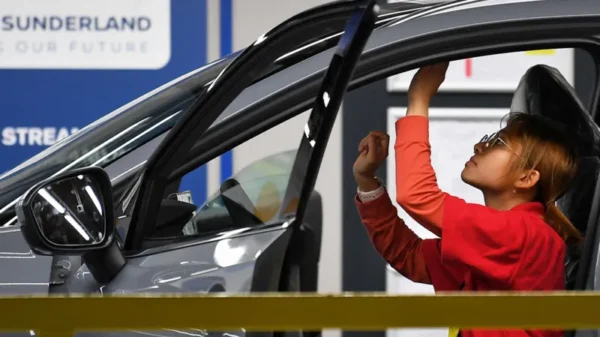
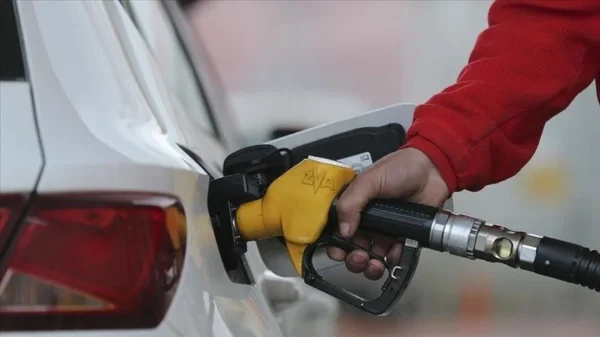






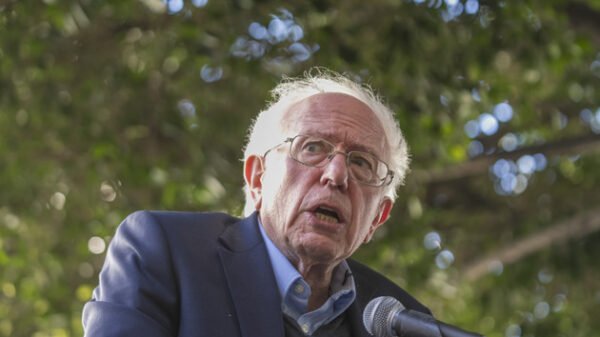

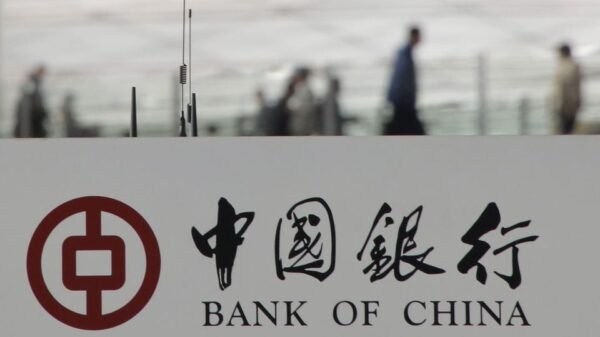



























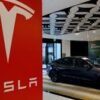
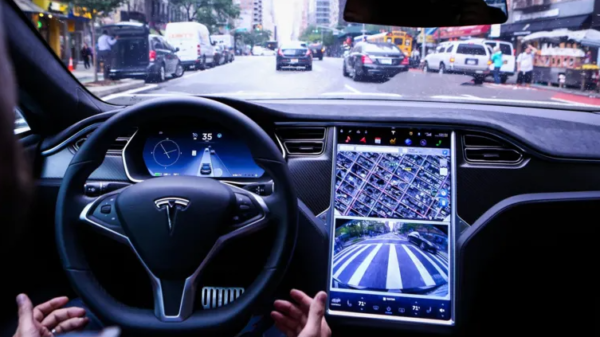
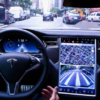
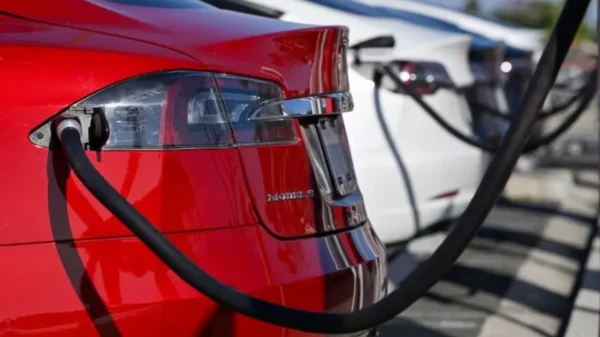
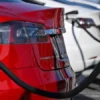
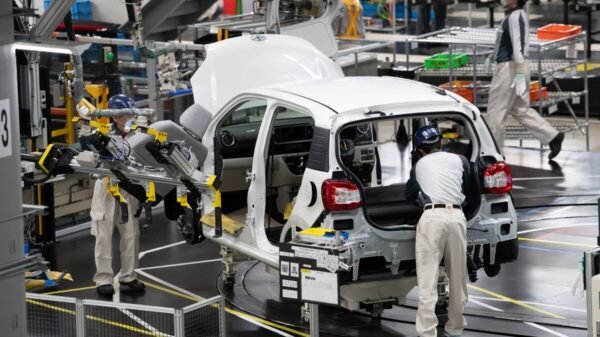

Comment Template